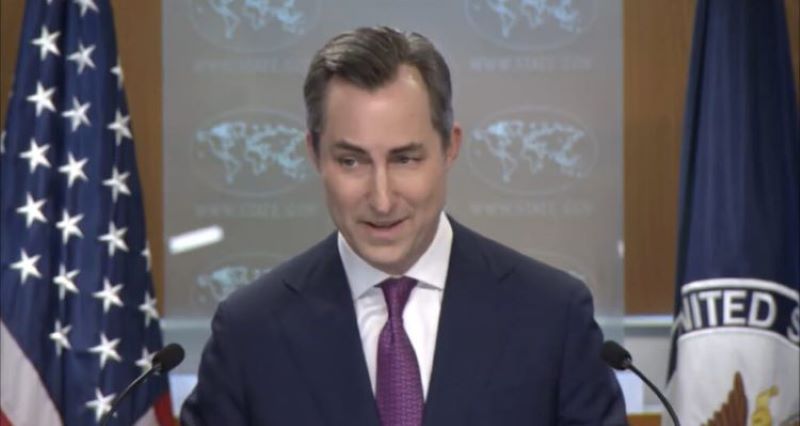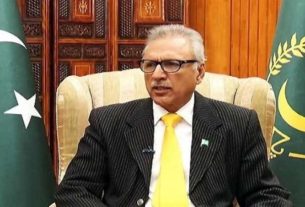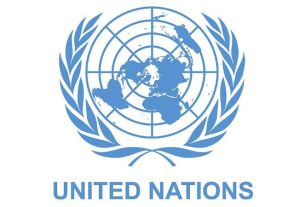Washington, D.C. – In a press briefing on Monday, U.S. State Department Spokesperson Matthew Miller was asked by The Frontier Post to comment on a potential case study examining the recurring pattern of Pashtun casualties in Pakistan, whether during political rallies or incidents of terrorism. While Miller refrained from committing to such a study, he reiterated the United States’ stance on supporting democratic norms and peaceful protest in Pakistan.
The question stemmed from growing concerns about the disproportionate impact of violence on Pashtun communities in Pakistan. Observers have noted a troubling trend in which Pashtuns often bear the brunt of violence, whether during political rallies—such as those organized by the Pakistan Tehreek-e-Insaf (PTI)—or in acts of terrorism targeting the region.
“The United States strongly supports the right to peaceful protest as a cornerstone of any democratic society,” Miller said in response to the query. “We encourage all parties in Pakistan to engage constructively and avoid violence in resolving their differences.”
Although Miller did not explicitly express an interest in the proposed case study, his remarks highlight the United States’ broader concerns about stability and human rights in Pakistan. Pashtun communities, particularly in Khyber Pakhtunkhwa and former Federally Administered Tribal Areas (FATA), have long been at the center of Pakistan’s political and security challenges, grappling with decades of militancy, displacement, and underdevelopment.
The issue of Pashtun vulnerability gained international attention after major political rallies, such as those by PTI, saw casualties disproportionately affecting Pashtun participants. Additionally, the region remains a hotspot for terrorist activities, further exacerbating the plight of the community.
Human rights activists and political analysts have called for deeper investigation into the systemic factors contributing to these patterns of violence. They argue that understanding the intersection of ethnicity, geopolitics, and state policy is essential to addressing the grievances of the Pashtun people and ensuring equitable treatment across Pakistan.
While the U.S. government has yet to announce any specific actions or studies on the issue, its emphasis on peaceful democratic practices may serve as an indirect encouragement for Pakistan to address the disproportionate toll of violence on Pashtuns. For now, the Pashtun question remains a critical issue for Pakistan’s policymakers and civil society.__Courtesy The Frontier Post





